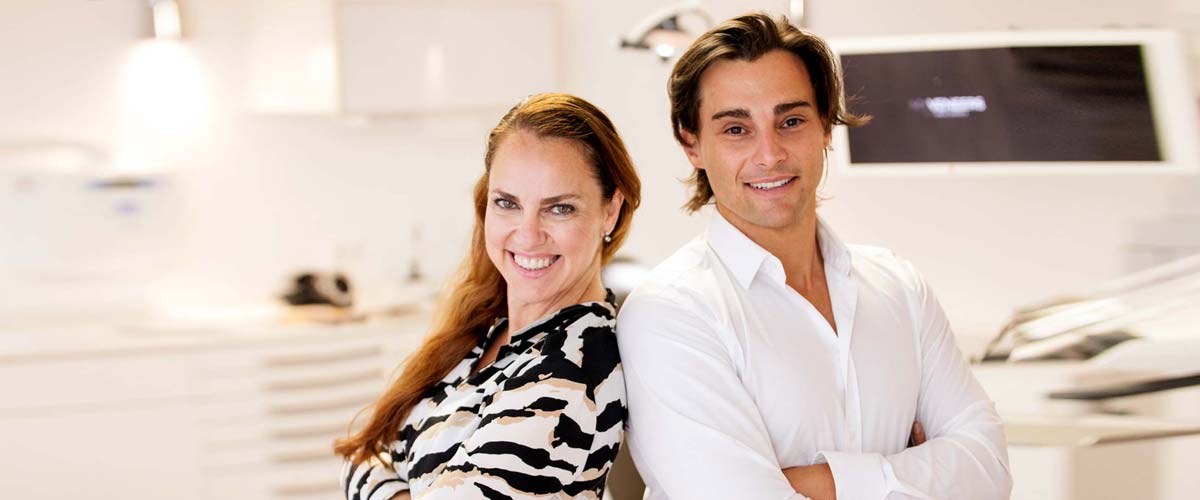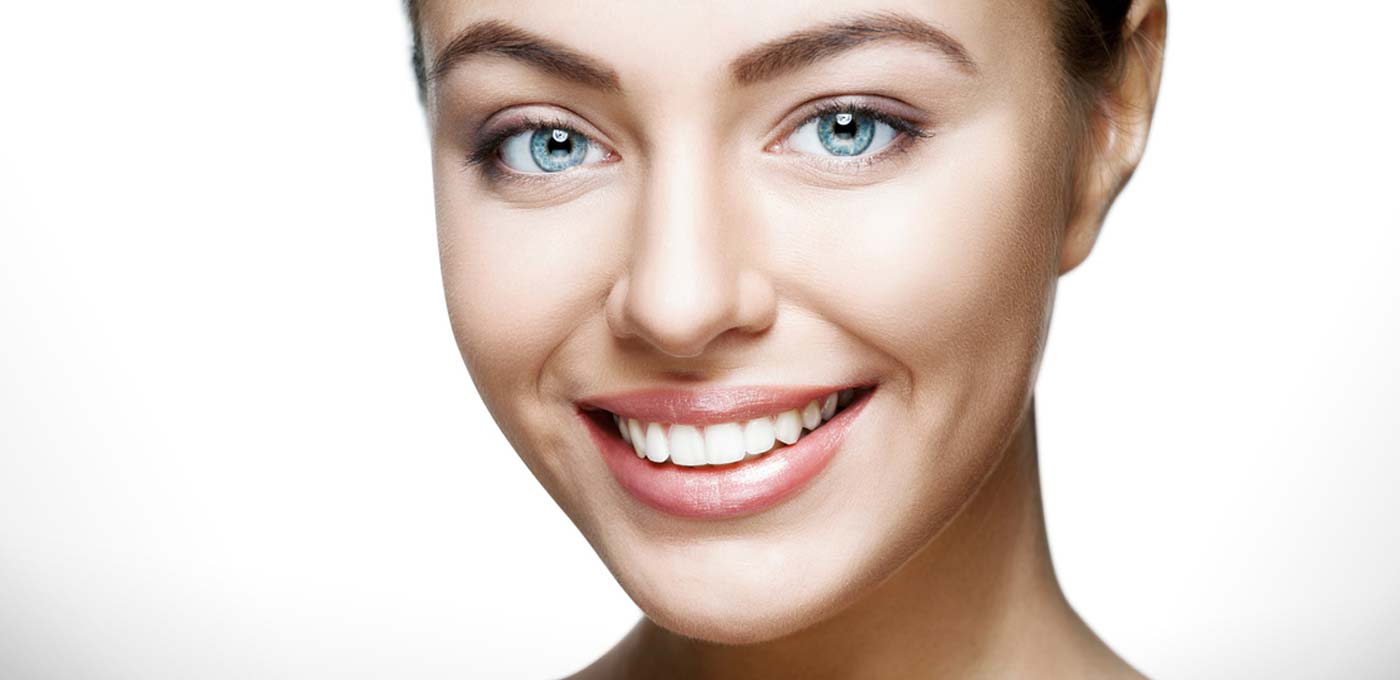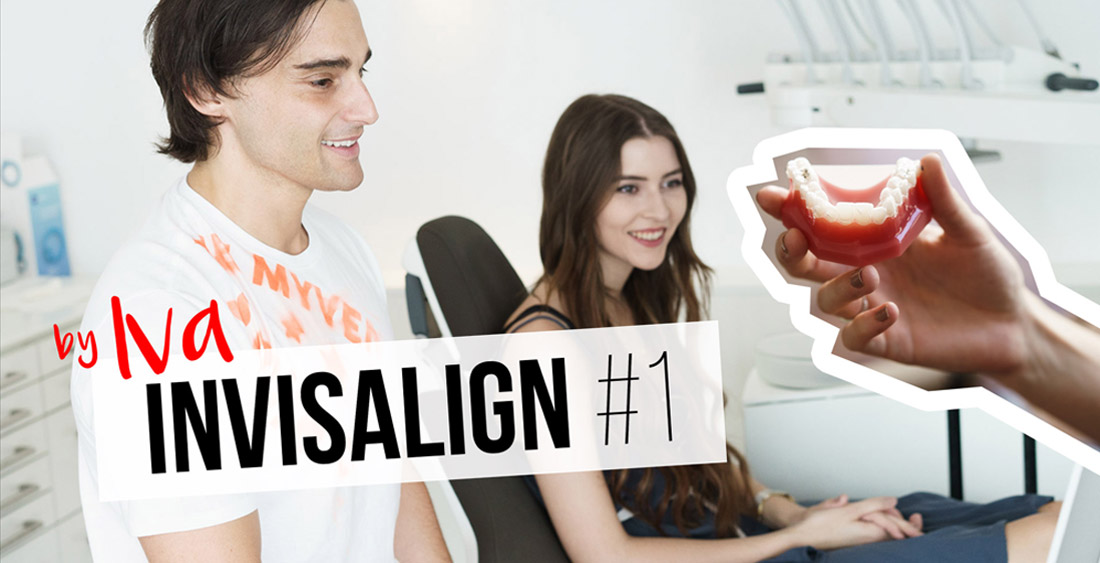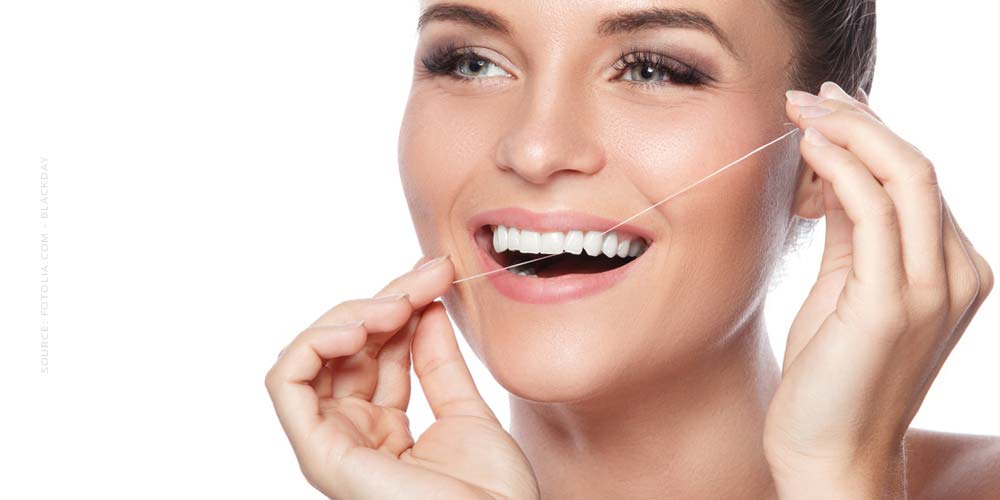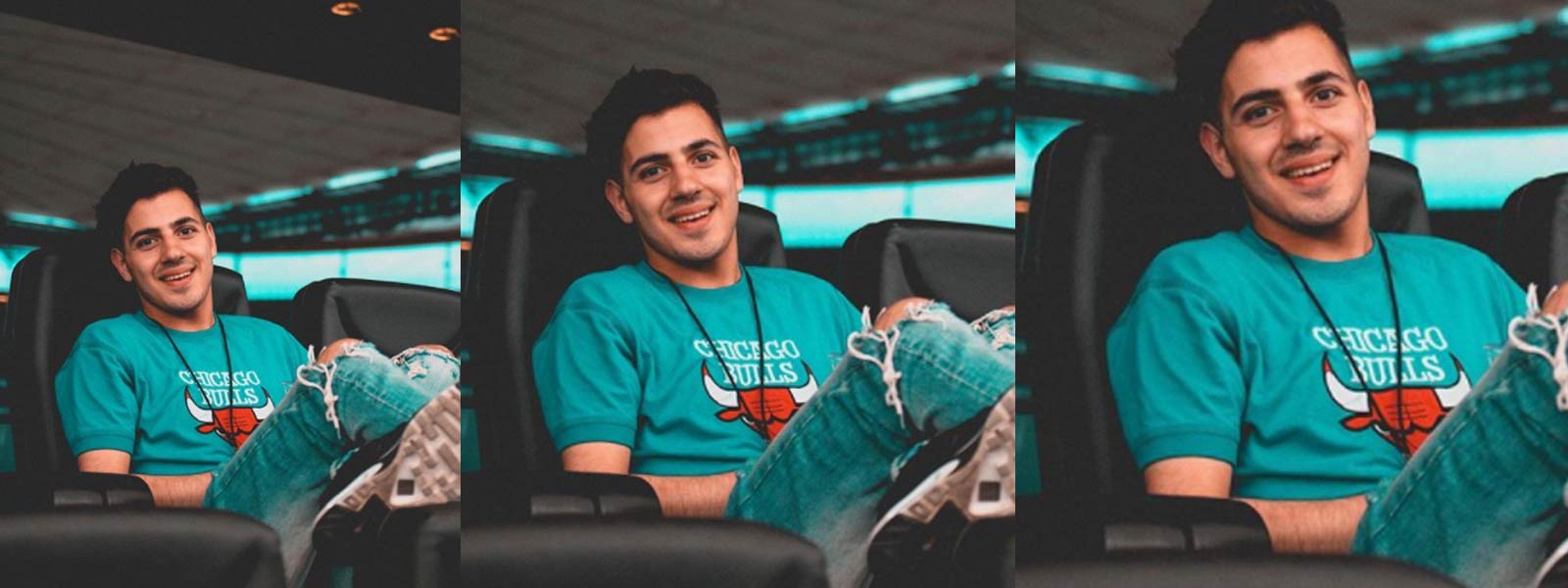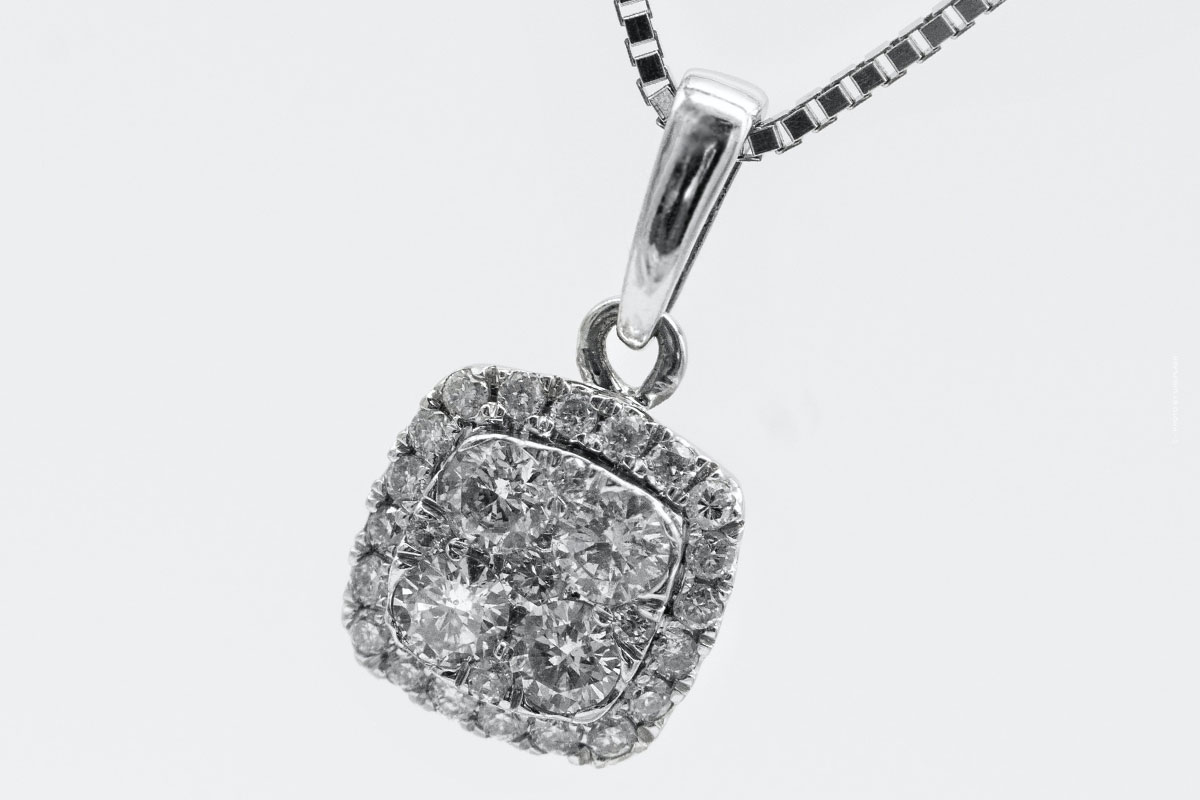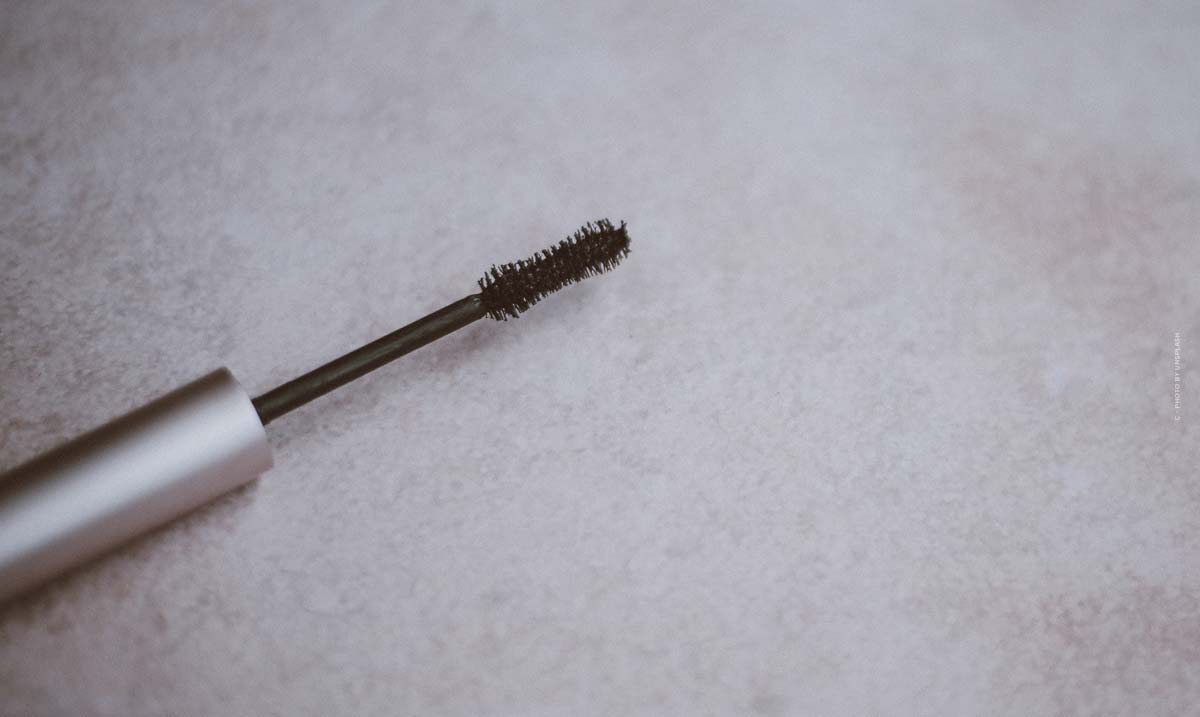Star look! Hollywood Smile with veneers for models and presenters – Interview
Who actually makes the perfect smile of stars, celebrities, models and actors? Extremely good dentists, such as Tuna & Baysal. The two doctors are not only in practice, they are also entrepreneurs. With MyVeneers.de they bring “Hollywood Smiles” to Germany. This method is the best alternative to previous tooth corrections. We met Dr. Arzu Tuna and Dr. Umut Baysal for a coffee and talked about trends in dental aesthetics! Of course also about valuable tips for dental care and dental health. Dental Anti Aging, Invisalign, Smile Make Over and everything about Veneers.
Our tip! Invisalign
Invisible braces are the absolute trend in the USA! Over 6 million happy customers. Fast, easy and invisible.
My Veneers – The makers of perfect teeth
More about veneers? Take a look at our articles in the magazine here:
- Clear braces? Experience report Invisalign
FIV: How did you two meet?
Dr. Tuna: We met in 2007 at the University of Cologne and have since worked together on dental projects.
FIV: Why did you decide to work together? Complement yourself in your skills?
Dr. Baysal: We realized relatively early on that we could work very well together. We hold the same medical views and have the same high quality standards. This is very important for a long-term cooperation.
Dr. Tuna: What’s more, everyone naturally has their own favourite areas. These complement each other very well, which the patients immediately feel.
Hollywood Smile – natural look, perfect hold for long time
FIV: What makes your job so special for you? What do you like about your job?
Dr. Tuna: The direct cooperation with the patient with fast visible successes. Where medicine and aesthetics meet.
Dr. Baysal: The variety of different treatment options. Our patients, all hand-picked! (laughs). The possibility to make people even more attractive and therefore happier.
Our tip! Invisalign
Invisible braces are the absolute trend in the USA! Over 6 million happy customers. Fast, easy and invisible. Inform yourself here at the German market leader: Smileclub
FIV: Please describe the other in a few words.
Dr. Tuna: Emphatic, quality-oriented, patient.
Dr. Baysal: Faithful to principles, communicative, big heart.
FIV: What do you pay special attention to when caring for your own teeth?
Dr. Baysal: I think we provide the same care as any patient who is aware of their oral health. Electric toothbrush, dental floss and mouth rinse.
Dr. Tuna: We already pay attention to which food we eat when and how, with regard to acidity and discoloration potential.
Tips for dental care, tooth cleaning and tooth bleaching
FIV: Where can our readers get better information about this topic?
Dr. Tuna: There are many recommendations and statements of the German Society for Dentistry, Oral Medicine and Orthodontics!
Dr. Baysal: Easier: of course in our blog on myveneers.de.
FIV: What do you advise your patients, and what should not be neglected in dental care?
Dr. Tuna: The regularity of dental care (at least in the morning and evening) is important. Utensils such as an electric toothbrush and dental floss are best. Neglecting the spaces between the teeth can lead to hidden caries and/or gingivitis.
FIV: How do you feel about the effect of whitening toothpastes?
Dr. Baysal: I don’t think the results are really satisfactory. Bleaching at the dentist – under supervision – with a proven product is more sensible.
Dr. Tuna: In addition, some whitening toothpastes are very abrasive and therefore not recommended.
Dr.Baysal: That’s right! The tooth enamel is only 1.5 mm thick and does not grow back either…
FIV: Does bleaching damage the tooth substance? For whom is it recommended?
Dr. Tuna: If it’s done conscientiously, it won’t hurt! It should be ruled out beforehand that holes are present. Crowns and bridges cannot be bleached, and patients should be adults in my opinion.
FIV: What do you mean by conscientious and why does age matter?
Dr. Tuna: Conscientious means that the gums are well covered and protected during the procedure, otherwise injuries will occur. In addition, bleaching should be done without anaesthesia so that the patient immediately notices if something goes wrong and the dentist can intervene directly before there is permanent damage. The age is important, because the pulp – that is the inner life of the tooth – is still very large in children and adolescents and therefore the bleaching material has a shorter way to get there. In the course of life, this retreats further and the layer thickness of the tooth becomes virtually thicker and external influences, such as bleaching gel more harmless.
No fear of the dentist – thanks to the best advice
FIV: How do you deal with patients suffering from dental anxiety?
Dr. Baysal: We know that most people don’t like going to the dentist and some people are really panicked before going to the dentist. That is why the first visit is always without any treatment and we verbalize the patient in the same way. We would like to get to know our patients first and give them the opportunity to build trust. I am firmly convinced that mutual trust plays a key role in the overall treatment and for the success of the therapy.
Dr. Tuna: That’s right. We have the possibility to find out in a conversation what kind of fear it is and how we can reduce this fear together. Usually we come to a common denominator pretty quickly. We have hardly ever had to send away a patient with anxiety or treat him under general anesthesia.
FIV: Why is regular professional tooth cleaning recommended? Is a cleaning at home not sufficient?
Dr. Tuna: Professional cleaning is much more visible due to the dental lamp than in the bathroom! With finer tools it is possible to clean more thoroughly. The whole microbial plaque, which needs a certain amount of time to regenerate and cannot cause any damage to the teeth during this time, is also confused.
Dr. Baysal: Even with optimal oral hygiene of the patients, tartar develops – in some places that are difficult to access. This can only be removed by professional tooth cleaning. We also attach great importance to gentle tooth cleaning. Powder blasting is only used in very stubborn cases. Aggressive procedures in professional tooth cleaning can also damage the tooth structure. And this can’t be it!
FIV: What effect do you think a bright smile has on healthy teeth?
Dr. Tuna: The effects are manifold and only positive, such as attractiveness, health.
Dr. Baysal: Right, and this leads to an increased self-confidence! Which naturally potentiates the effect.
If we feel more attractive, we also behave more attractively. There is a sense of beauty in all of us. Of course there are regional, cultural and social influences. Nevertheless, an Asian would never find an attractive European unattractive and vice versa. Symmetry plays a very decisive role here. But in the perception of beauty, which is satisfied in milliseconds, the teeth, the lips and the laughter are even more important than the eyes and the nose. We forgive drooping eyelids and a boxer nose rather than unattractive teeth.
Veneers – The practice, the dentists, the quality
FIV: On which focal points do you concentrate in your new practice and why?
Dr. Baysal: First and foremost it is about aesthetic dentistry and its implementation. In our first practice, we noticed that there is not enough time and peace for some things in the normal daily routine. However, we need this to generate an appealing aesthetic. The new practice was therefore designed quite differently. I believe we are the only practice in Germany, perhaps in Europe, with only one treatment chair. We do not have a classic waiting room and therefore no waiting times. The lounge also serves as a photo studio, which is indispensable for aesthetic analysis.
Dr. Tuna: We wanted to create an atmosphere in which patients and doctors could work in a relaxed manner and without hectic rush. No time pressure until the desired final result is achieved.
However, aesthetics is not cosmetics and requires the inclusion of function and dental, oral and maxillofacial health. A good diagnosis, pre-treatment and a healthy initial situation are a must!
What are Veneers?
Dr. Tuna: Veneers are very thin ceramic shells for the teeth, which are firmly bonded to the tooth. These are manufactured individually by the dental technician. In some cases the teeth do not even have to be ground. However, it is very important that the veneers are bonded without joints and edges.
Dr. Baysal: The experience of the dental technician also plays a decisive role. Only very few are capable of producing these wafer-thin shells in an aesthetically perfect manner. We are glad that we cooperate with the best dental technicians.
FIV: Where are the veneers made?
Dr. Baysal: That’s very different. Some of our experts work here in Germany and one even in Japan. This veneer technique is really a very special art and, as I said, very few people master it.
FIV: For whom are veneers? worthwhile?
Dr. Tuna: Every patient who is dissatisfied with the appearance of his teeth. But it is more with one and less with the other.
Dr. Baysal: On the one hand, there are patients who naturally have crooked teeth or those with gaps. This would be an indication for veneers. In case of severe malpositioning, however, we would make a small correction of the teeth with orthodontic splints before we make the veneers. Then there is the natural aging process of the teeth. The teeth become shorter and shorter over time due to wear. They’re discoloring. The gums are receding. The bite is dropping. The lips are falling in. Here, too, laughter can be rejuvenated overall.
FIV: How much time elapses between consultation and final result?
Dr. Tuna: Simple cases without pretreatment can be treated within 14 days.
FIV: For the duration of the treatment, take over any organization for the patient as well as the booking of a hotel for patients who have a long journey?
Dr. Baysal: We have a cooperation with a first-class hotel and can also arrange transfers between the airport, hotel and practice on request.
FIV: Health risks associated with the use of veneers?
Dr. Tuna: No.
FIV: How long do veneers last? Do they need to be replaced after some time?
Dr. Tuna: If everything is done correctly, veneers last over 15 years. Whether the veneers have to be replaced again in 15 or 20 years depends on the respective situation.
Thank you both for the interview. That was Dr. Arzu Tuna and Dr. Umut Baysal from MyVeneers.
